Hoxha’s programme of “bunkerisation” resulted in the construction of bunkers in every corner of Albania, from mountain passes to city streets. They had little military value and were never used for their intended purpose during the years of Communist rule (1945?1990). The cost of constructing them was a drain on Albania’s resources, diverting them away from more pressing needs, such as dealing with the country’s housing shortage and poor roads.
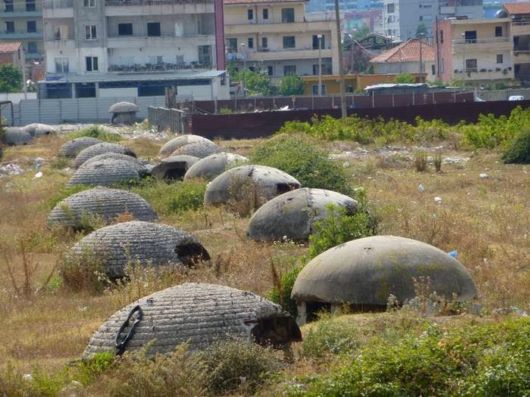
The bunkers were abandoned following the collapse of communism in 1990. Most are now derelict, though some have been reused for a variety of purposes including residential accommodation, cafés, storehouses and shelters for animals or the homeless. A few briefly saw use in the Balkan conflicts of the 1990s. From the end of World War II to his death in April 1985, Enver Hoxha pursued a style of politics informed by hardline Stalinism as well as elements of Maoism. He broke with the Soviet Union after Nikita Khrushchev embarked on his reformist Khrushchev Thaw, withdrew Albania from the Warsaw Pact in 1968 in protest of the Warsaw Pact invasion of Czechoslovakia, and broke with the People’s Republic of China after U.S. President Richard Nixon’s 1972 visit to China.
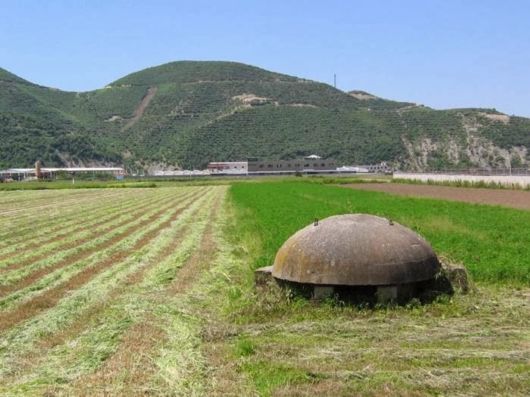
His regime was also hostile towards the country’s immediate neighbours. Albania did not end its state of war with Greece, left over from the Second World War, until as late as 1987 ? two years after Hoxha’s death ? due to suspicions about Greek territorial ambitions in southern Albania (known to Greeks as Northern Epirus).
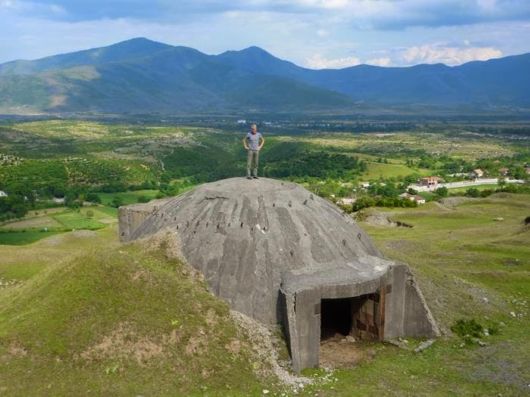
Hoxha was virulently hostile towards the more moderate communist government of Josip Broz Tito in the Socialist Federal Republic of Yugoslavia, accusing Tito’s government of maintaining “an anti-Marxist and chauvinistic attitude towards our Party, our State, and our people.” He asserted that Tito intended to take over Albania and make it into the seventh republic of Yugoslavia, and castigated the Yugoslav government’s treatment of ethnic Albanians in Kosovo, claiming that “Yugoslav leaders are pursuing a policy of extermination there.”
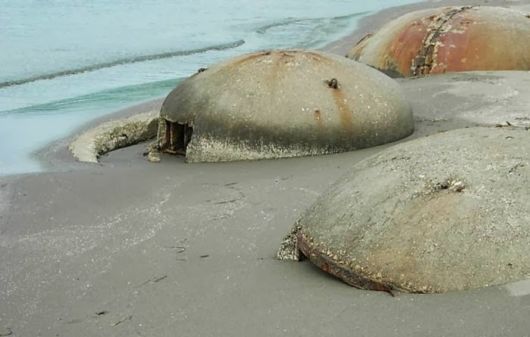
Albania still maintained some links with the outside world at this time, trading with neutral countries, such as Austria and Sweden, and establishing links across the Adriatic Sea with its former colonial power Italy. However, a modest relaxation of domestic controls was curtailed by Hoxha in 1973 with a renewed wave of repression and purges directed against individuals, the young and the military, whom he feared might threaten his hold on the country. A new constitution was introduced in 1976 that increased the Communist Party’s control of the country, limited private property and forbade foreign loans. The country sank into a decade of paranoid isolation and economic stagnation, virtually cut off from the outside world.
》/Shtypnews.al / & (((( @shtypnews_al ))))) 《
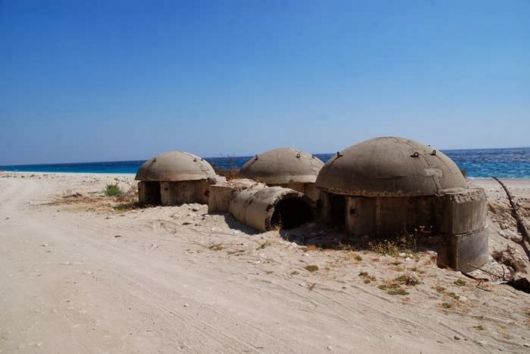
-ADVERTISEMENT-
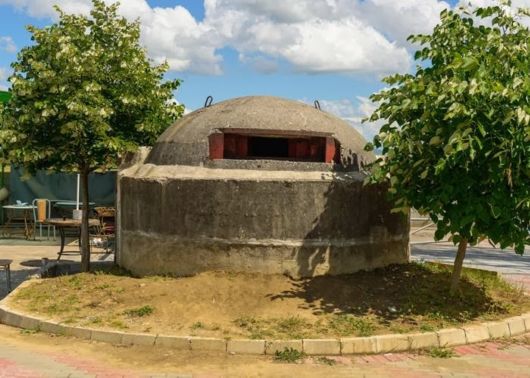
-ADVERTISEMENT-
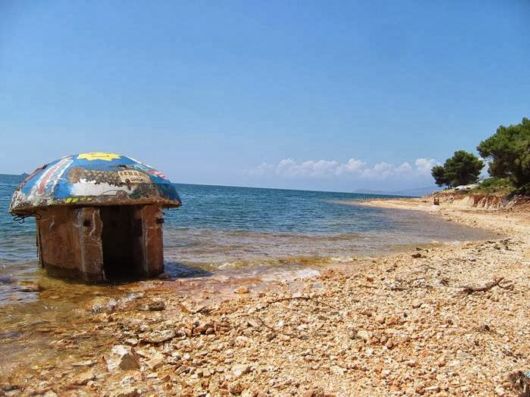
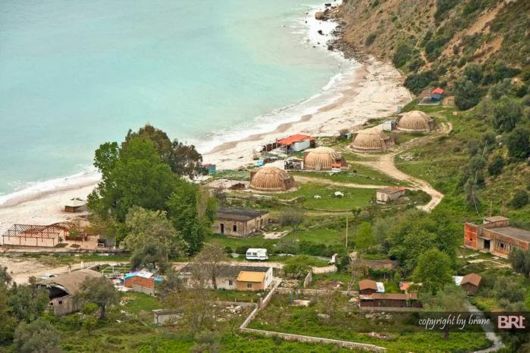
-ADVERTISEMENT-
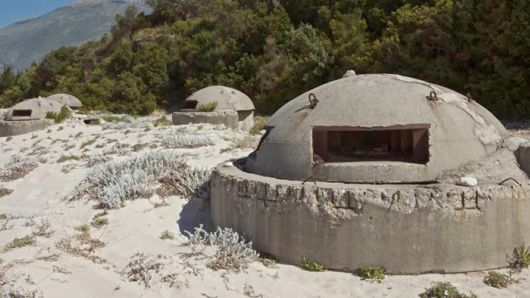
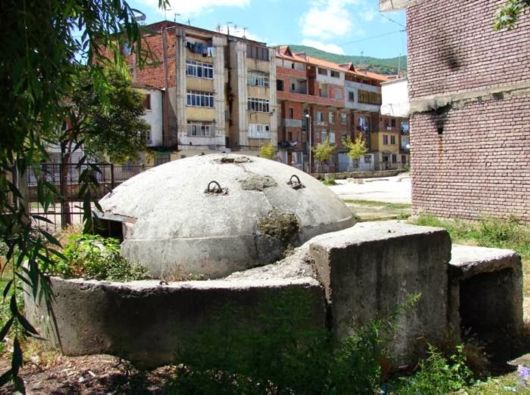
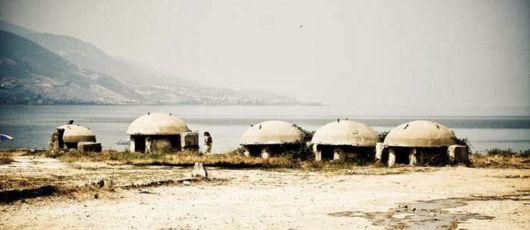
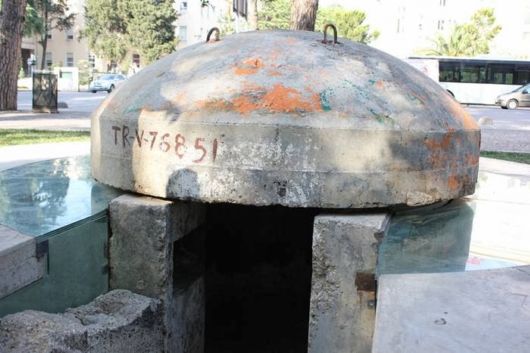
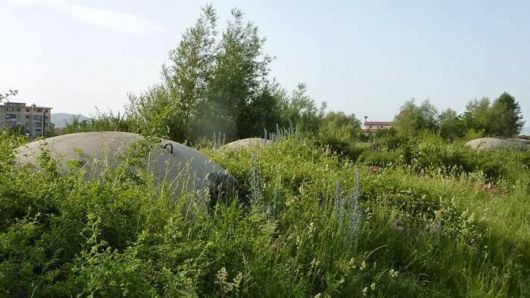
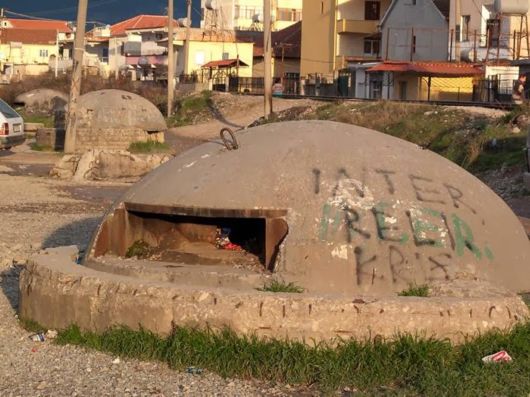
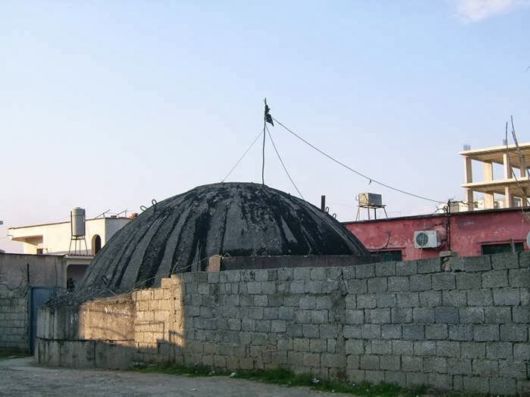
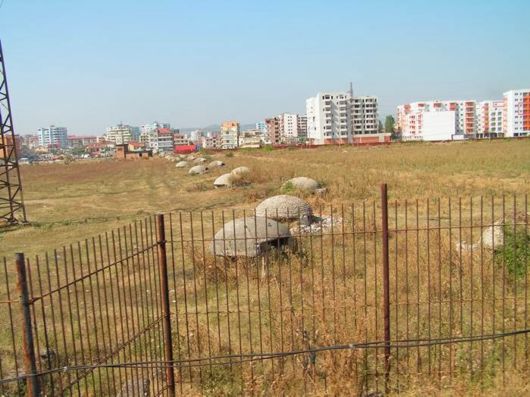
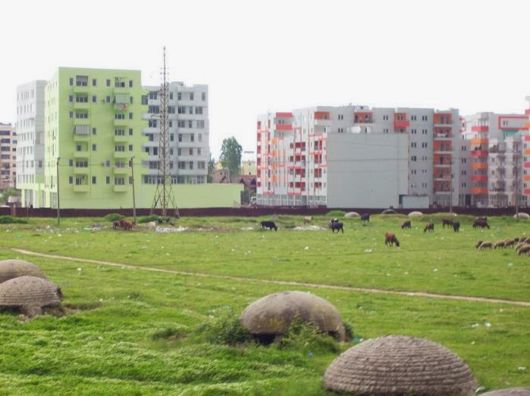

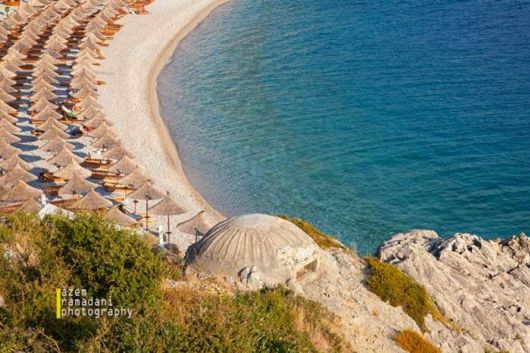
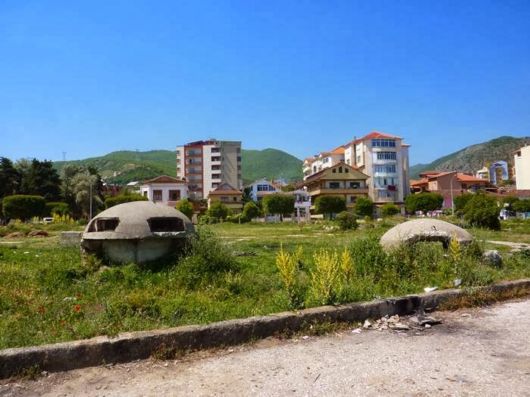
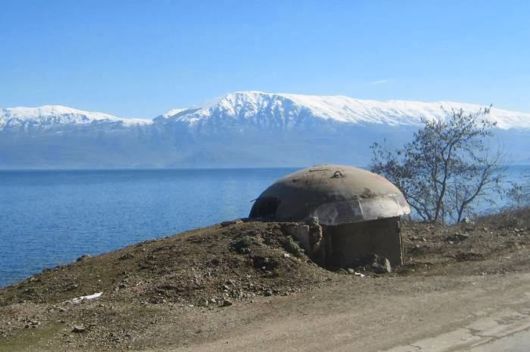
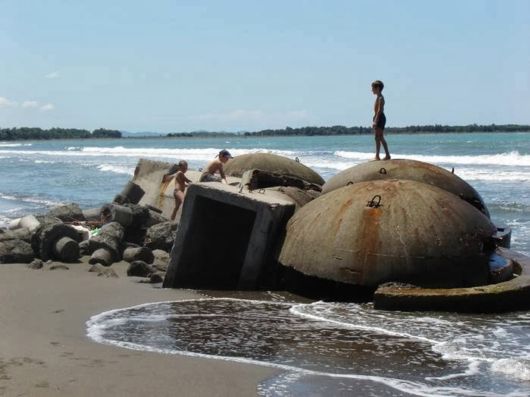
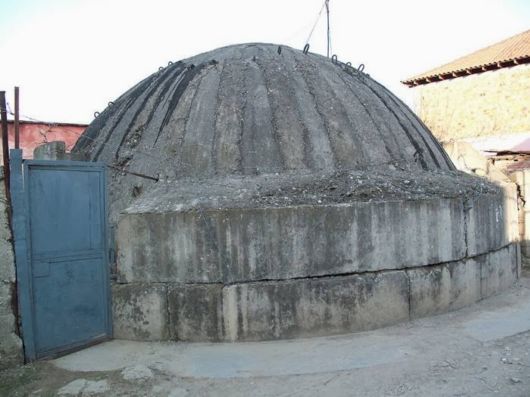
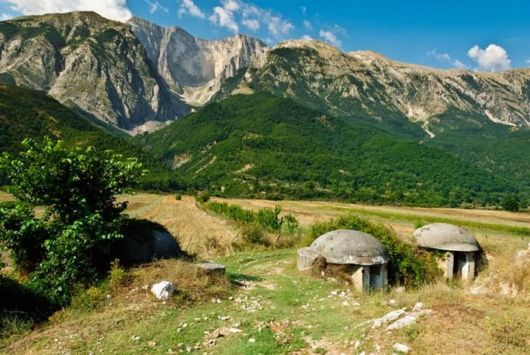
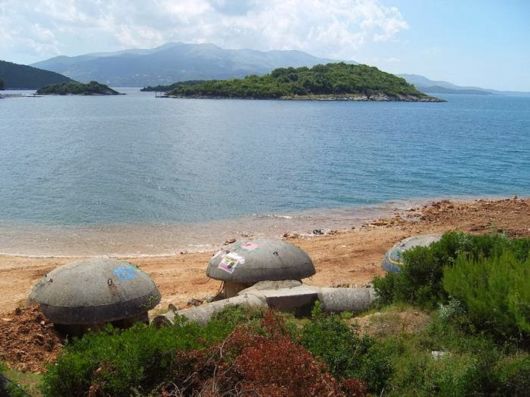
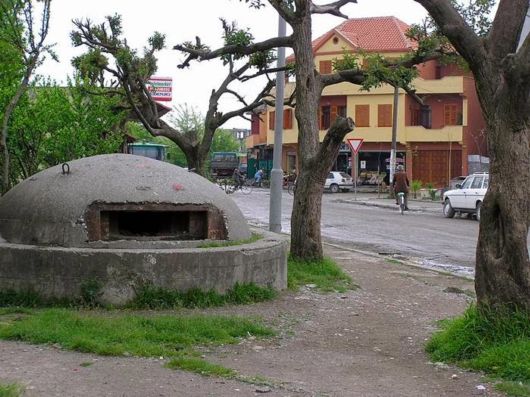
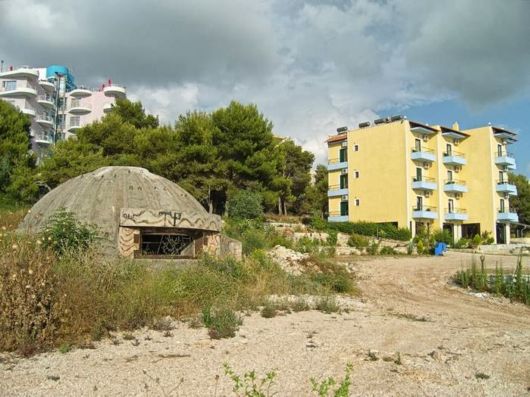
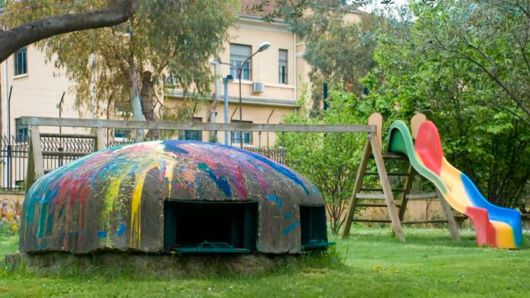
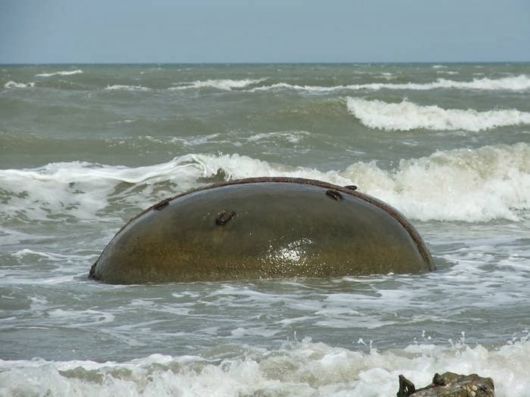
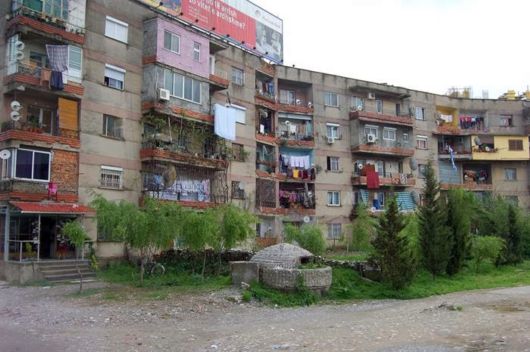
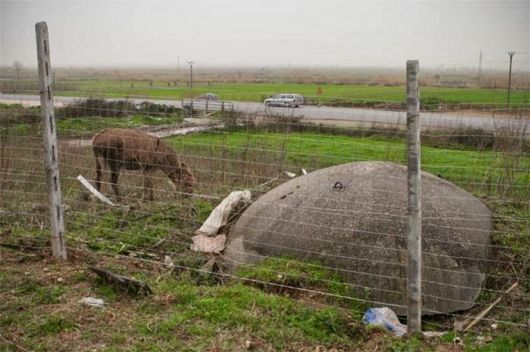
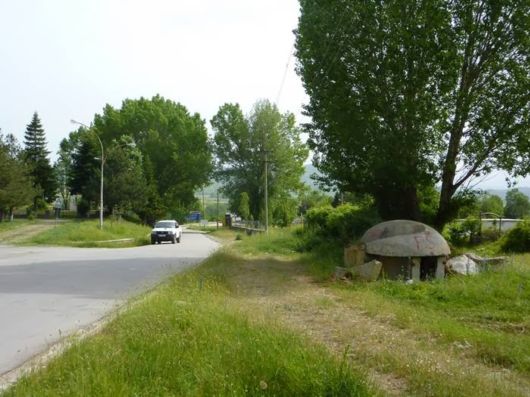
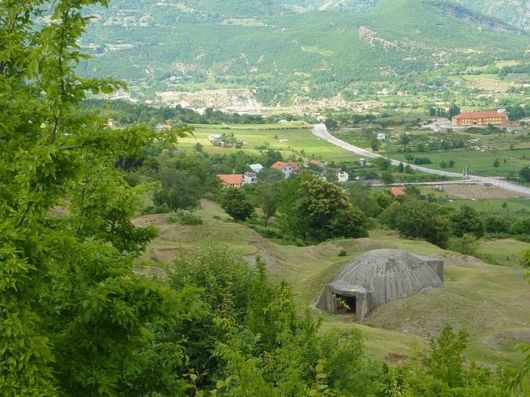
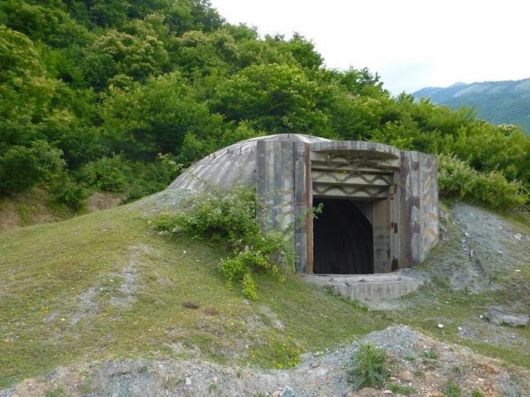
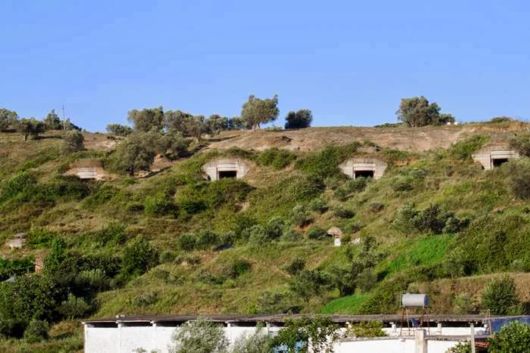
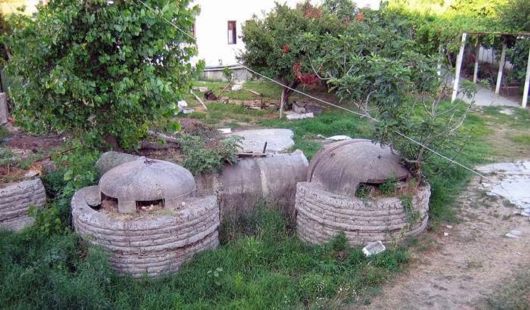




No comments:
Post a Comment